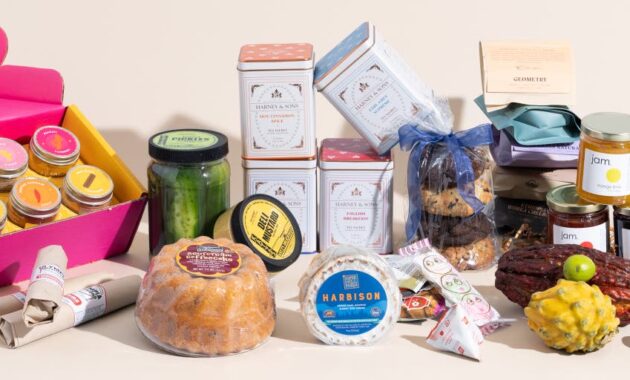When choosing a gift for British friends or family, you may want to take into consideration some cultural preferences. The British tend to have a reputation for being a bit reserved and not overly sentimental. While this is certainly a generalization, keeping it in mind can help guide your gift selection.

Their reputation for being reserved
The British stereotype of being emotionally restrained has some truth to it. Grand expressions of affection or very personal and heartfelt gifts may cause discomfort.
Not overly sentimental
Avoid anything too gushy or sentimental. The British prefer subtle gestures that show you care without going over the top.
Subtle gestures mean a lot
Small, thoughtful gifts often mean more than big, flashy presents. Pay attention to their interests and choose something that shows quiet appreciation.

Humour is important
The British cherish their humour, particularly if it shows some wit and cleverness rather than slapstick.
Self-deprecating humour
The British love self-deprecating humour that gently pokes fun at one’s own faults and foibles. Smart, silly gifts that don’t take themselves too seriously can be appreciated.
Wit valued over slapstick
Cheeky gifts that display intelligence and wordplay tend to go over better than anything too wacky or crude.
Practical is best
When in doubt, you can’t go wrong with a useful present. The British culture values functionality and practicality.
Don’t go too big or lavish
Avoid over-the-top extravagant gifts or gestures that could cause unease. Stick to presents that have an everyday purpose.
Focus on usefulness
Consider something that can serve a practical function in their life. Things like coffee mugs, organizer trays, tote bags, or stationary tend to get used.

Food and drink are crowd-pleasers
Consumables make excellent gifts, especially beloved tea and treats.
Tea and biscuits
You can’t go wrong with a nice assortment of tea or some delicious biscuits (cookies).
Quality chocolate and sweets
Treat them to some upscale chocolates, candies, or other tempting sweets.
Alcoholic beverages
Consider a nice bottle of gin, wine, port, or whatever you know they might fancy.
Consider hobbies and interests
Tailoring your gift to their personal passions or pastimes is a thoughtful touch.
Sports like football or rugby
If theyfollow a particular sport, some merchandise or tickets could be greatly enjoyed.
Gardening and nature
For the green-thumb Brit, garden tools or an indoor plant display your attentiveness.
History and literature
Play to their intellectual side with a book about British history or culture or a classic English novel.
Presentation matters
While the emphasis should be on the meaningful rather than the packaging, take some care in how you give your gift.
Wrapping should be neat
Have a tidy, crisp wrap job – sloppy and haphazard will not do.
Handwritten note or card
Include a personal card with a warm, gracious message in your own handwriting.
Gift-giving in Britain has its own unique etiquette and sensibilities. Avoid being overly lavish, loud, or showy. Think subtle, practical and slightly humorous when selecting something for your refined British friend or family member. A cozy throw, a witty book, or delicious tea biscuits suit far better than an exuberant bear hug or singing telegram! The thought and care behind your gesture makes the real difference.
Conclusion
The British culture can appear formal and reserved on the surface, but don’t let that deter you from giving them gifts. Focus on functionality, classic comforts, clever wit, and most of all – meaningful subtly. Pay attention to their unique tastes and temperament, take presentation seriously, and your present will be greatly appreciated by any Brit.
FAQs
What is a typical British reaction to receiving a gift?
The British tend to react politely with appreciation but not obvious excitement or enthusiasm. A simple “Thank you, that’s lovely” or “How thoughtful” is standard.
Should you give flowers to the British?
While flowers are almost universally enjoyed, be cautious about red roses or anything too showy. Instead opt for a small bouquet of mixed flowers or a single orchid plant.
What gift cards work well?
Gift cards to book stores, department stores, coffee shops, or specialty food retailers tend to get used by the practical-minded British.
Is it better to give one bigger gift or several small ones?
Several modest but meaningful gifts tends to come across better than an over-the-top luxury item that could cause unease. Show you know them well through choiceful variety.
What gifts should you avoid?
Avoid sentimental knickknacks, lavish or flashy presents, cheap novelty items, and anything too silly or gimmicky that doesn’t match their more reserved sensibilities.




